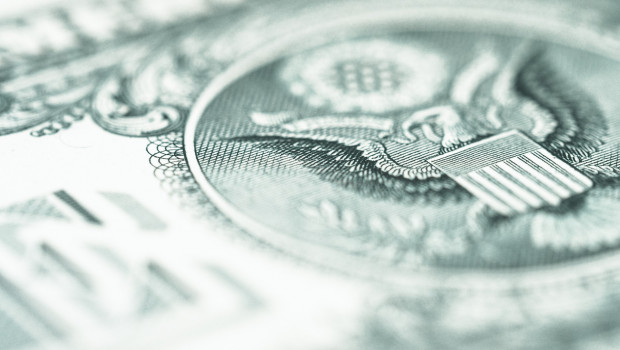US consumer sentiment hit in May by worries about economy, debt ceiling

Concerns about the economy, including around the debt ceiling standoff, hit consumer sentiment in the US in May, the results of a closely followed survey revealed.
In parallel, longer-run inflation expectations rose.
The University of Michigan's consumer confidence index fell from a reading of 63.5 for April to 57.7 in mid-May.
Economists had forecast a reading of 63.0.
Expectations for the economy looking ahead by a year fell by 23% in comparison to the previous month, while those for over the longer-run dropped by 16%.
"Consumers are worried that any economic downturn will not be brief," survey director Joanne Hsu said.
"Throughout the current inflationary episode, consumers have shown resilience under strong labor markets, but their anticipation of a recession will lead them to pull back when signs of weakness emerge.
"If policymakers fail to resolve the debt ceiling crisis, these dismal views over the economy will exacerbate the dire economic consequences of default."
A drop in the expectations sub-index drove the decline in the headline confidence gauge, retreating from 60.5 to 53.4, while the sub-index linked to current economic conditions slipped from 68.2 to 64.5.
Inflation expectations when looking 12 months ahead dipped by one tenth of a percentage point to 4.5% following a spike in April.
Expectations for prices over the longer run however increased from 3.0% to 3.2% - their highest level since 2011 - after remaining relatively stable for two years.
Olivia Cross, assistant economist at Capital Economics, attributed part of the economic concerns to concerns around the banking sector, adding that the upward trend in jobless claims and Challenger job cut announcements may also have dragged on confidence.
"While we don’t place too much weight on the relationship, if sustained, the latest plunge in consumer sentiment would be consistent with falling consumption in the second quarter," she added.
"That would be alongside the probable hit to consumption from tightening credit conditions."
For his part, commenting on the rise in inflation expectations, Ian Shepherdson, chief economist at Pantheon Macroeconomics, said: "We are confident this won't last, given the steep drop in food and energy inflation; grocery store food prices are now falling outright.
"Still, the Fed will not like this print [...] We remain of the view that the funds rate has peaked, but data like these make an aggressive dovish shift in the June language and dots less likely."